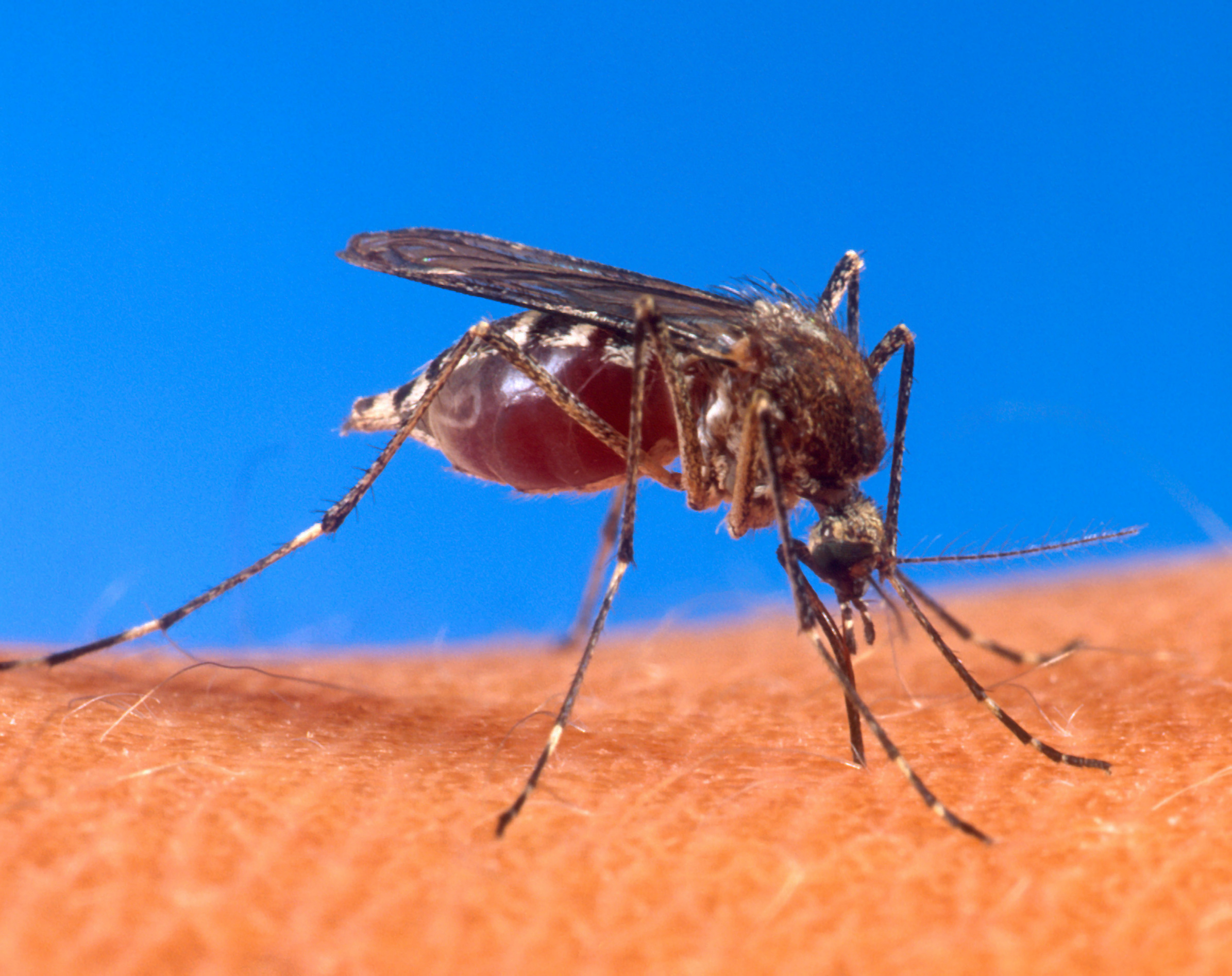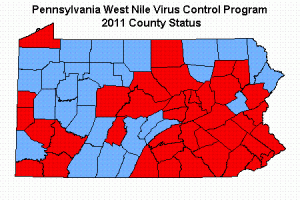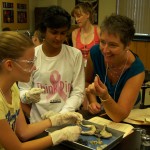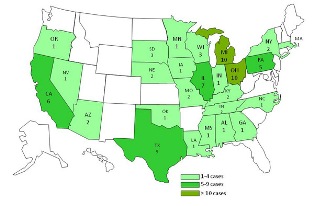College Students Brace for Added Expense of Textbooks as New Semester Nears
The tuition and room and board will be paid soon, and college students will be scraping money together to get their text books. 87% of college students have had to cut back on expenses to pay for text books and 45% have had to cut back on food according to a Kno, Inc. college student survey conducted by Kelton Research.
A group of recent college grads has built a free on line service to help students locate needed text books quickly at the best price. Jonathan Simkin, CEO of SwoopThat.com, says the system automates the entire process of buying books. He says students can select their courses and get a list of every book they need and every on line merchant that sells those books. He says the list also gives them expected shipping times and costs.
Simkin says Swoopthat.com also helps students find online vendors that will buy the old text books that they weren’t able to sell to the college bookstore last semester.
The survey also shows 71% of students want to go digital. Simkin says eBook adoption is still low, with only about 2.5% of the market. He says it’s expected to grow to 20% by 2014. He says it’s not clear how much electronic textbooks would save the college student, since there’s the upfront cost of the tablet or digital reader. He says quick studies they’ve done show students save the most amount of money by buying a print book and selling it back.
Kno, Inc. is an education software company that sells digital textbooks.
















